The article below was originally published by Rajini Padmanaban on the fantastic QAInfoTech blog.
In any discipline, a specialization is most often considered valuable and has a premier status attached to it when compared to a generalized body of knowledge. For example, a cardiologist has a more specified focus than a general physician, an architect has a unique reach than that of a generic engineer etc. The IT industry and the testing discipline specifically, are no exceptions.
Talking about automation testers, there are a lot of areas for them to specialize. One could be specializing the technology route (open source, commercial), the tools route (expert in Visual Studio .NET automation), the test attributes route (performance test automation engineer, API test automation engineer) or a cross section of some of these put together. For example, one could be an expert in performance test automation using open source technologies specifically for mobile applications. The opportunities for specialization that one could build on are countless.
By the day, it is becoming increasingly important for the automation tester to draw a balance and determine to what extent he needs to build his specialization on. While this specialization provides a niche, too much of it is slowly becoming a double edged sword given how fast-paced and evolving the IT industry has become. So what are those key questions an automation tester needs to keep in mind while planning for his areas of specialization?
- What is my area of interest and focus? What have I worked on so far? An understanding on these will help me build my specialization along these lines
- What is the future of the specialization I am hoping to build? What are the predicted trends in this area? Will I be able to continue to work on it for at least a few years?
- If the scope is only for a few areas, are the skills that I build transferable? For example, if I totally focus on Visual Studio driven automation, would I be able to switch down the line to open source based automation fairly quickly, given that several organizations are moving this route?
- What are my career prospects both within my current organization and any change I make in the future, with this current specialization that I am building
- How does this specialization look on my resume? If it is drastically different than what I had worked on in the past, how will it be received by potential future employers?
- Do I have the maturity to understand that while specialization is good, some level of generalist work I do, it equally valuable to show that I am flexible and versatile?
- Besides execution, what additional potential does this specialization offer me – for example, can I conduct trainings, speak at conferences etc. to share this knowledge which will help me build a holistic experience in this area?
These are questions which are not completely unique to just automation testers. Even a manual tester needs to think along these lines given how dynamic the IT landscape is. Or, for that matter, any individual in IT needs to ask himself these questions specific to the work they do. However, these are additionally important for an automation tester, because they often get themselves really deep and so hands-on in a specific area that they find it difficult to re-surface themselves to other opportunities that may come across their way. So, let’s get thinking before inflexibility and non-transferability can set in and negatively impact the value we can add as specialized automation testers.
